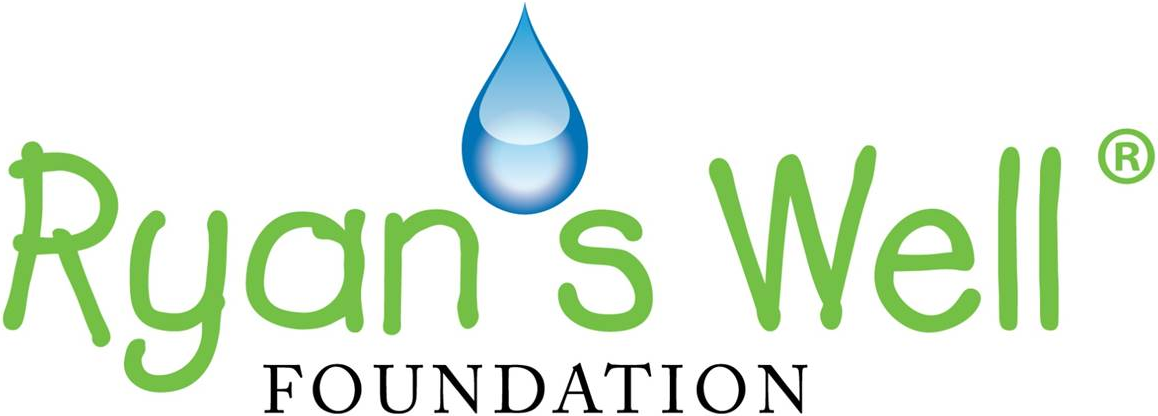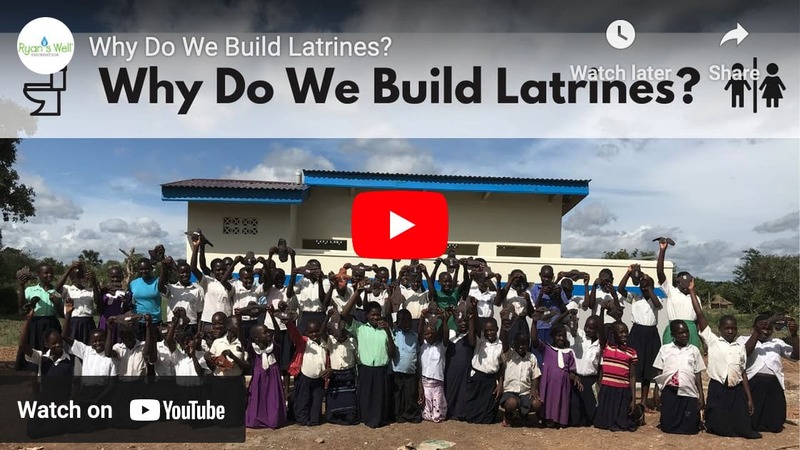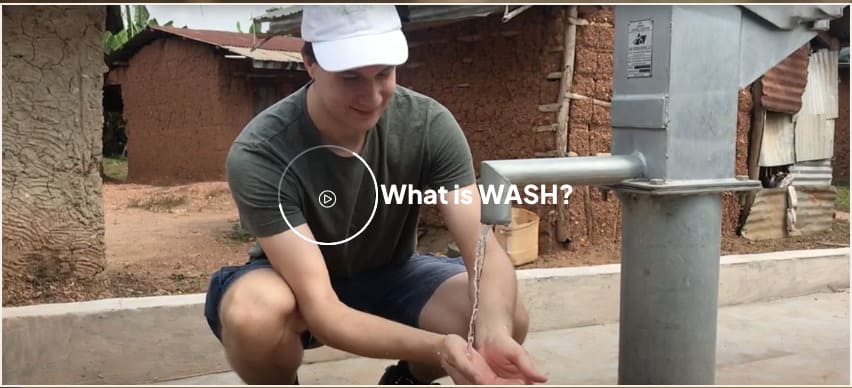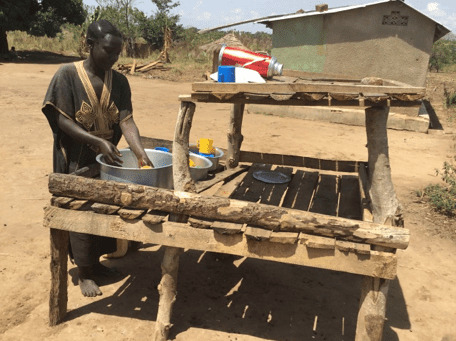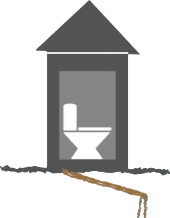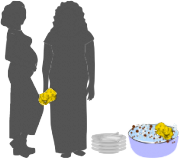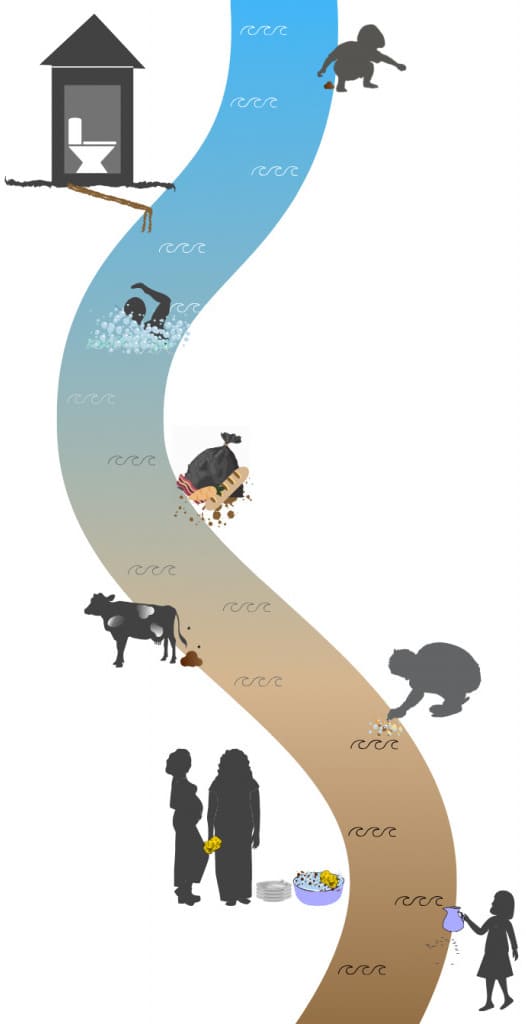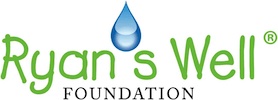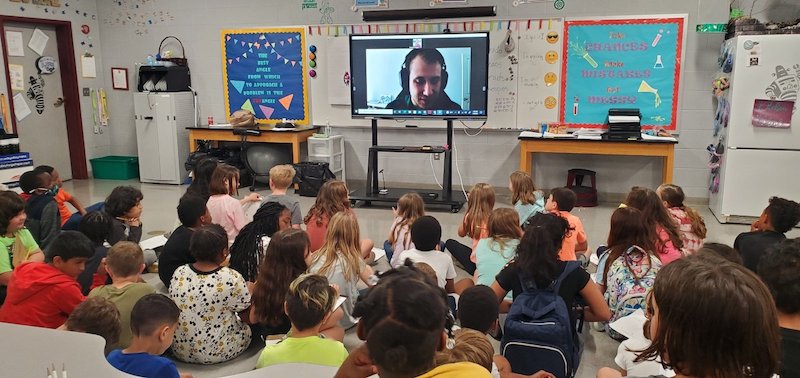WHY WATER?
Because everyone deserves good health.
- 785 million people lack access to clean, safe water, and 144 million of those rely on surface water, such as ponds or rivers, for water. *
- Contaminated sources often carry water-borne (and life-threatening) diseases, such as typhoid and cholera.
- Approximately 485,000 deaths each year are caused by diarrhea resulting from contaminated drinking water. *
- Diarrhoeal disease can lead to malnutrition, which is a continuing source of illness and death amongst children under the age of 5 in sub-saharan Africa.
Because everyone deserves an education.
- Students, especially girls, can spend hours a day collecting water for drinking and washing, which is time they are unable to spend learning to read and write, or playing with classmates.
- Water-related illnesses cause by contaminated water and/or poor WASH practices are a main contributor to lowered school attendance and enrolment for schools in developing countries.
Because everyone deserves to thrive.
- Access to clean water not only improves health, but increases participation in education and promotes gender equality.
- The burden of collecting water disproportionately falls to women and girls. With a nearby water source, women have more time and opportunity to pursue an education, care for their families, and generate income, helping to break the cycle of poverty realize their full potential.
Why Sanitation?
Because everyone deserves good health.
- Lack of access to latrines (or access to inadequate latrines) can cause waste to seep into a community’s water source, further spreading disease.
Because women deserve privacy and dignity during their menstrual cycle.
- Access to clean latrines ensures that women and girls are able to wash and dispose of their menstrual products safely, privately, and with dignity, meaning that they can continue to go to school and work uninterrupted.
You may be wondering why a foundation that provides clean water would be interested in building latrines as well. Well, clean water and sanitation actually go hand-in-hand – you can’t have one without the other! Here, Ryan’s Well Foundation’s Founder and Executive Director, Ryan, and Keely, our former Project Manager, talk latrines, and why they’re a crucial part of our project work.
Why WASH Training?
Because the benefits of clean water are null if hygiene and sanitation measures are not in place.
- If, for example, water is transported in unclean jugs, or if hands are not washed at key moments (such as after using the washroom, or before cooking or eating), then there is no point in having access to clean water at all.
- A lack of WASH training leads to the spread of diseases, such as malaria, HIV/AIDS, and tuberculosis.
Because clean water should last for generations.
- WASH training includes educating communities on how to manage and maintain their own water sources, making the sources more sustainable, and empowering communities.
Not sure what WASH (Water, Sanitation, and Hygiene) is? Hear it firsthand from Ryan, our Founder and Executive Director, and Keely, our former Project Manager.
WHAT IS THE "SAFE WATER CHAIN"?
The Safe Water Chain includes all processes involved in ensuring that water is not contaminated, from the point of accessing the water source to the moment of consumption. Key stages in the Safe Water Chain include water collection, handling, transportation, storage and treatment, and consumption.
DONATE TODAY

